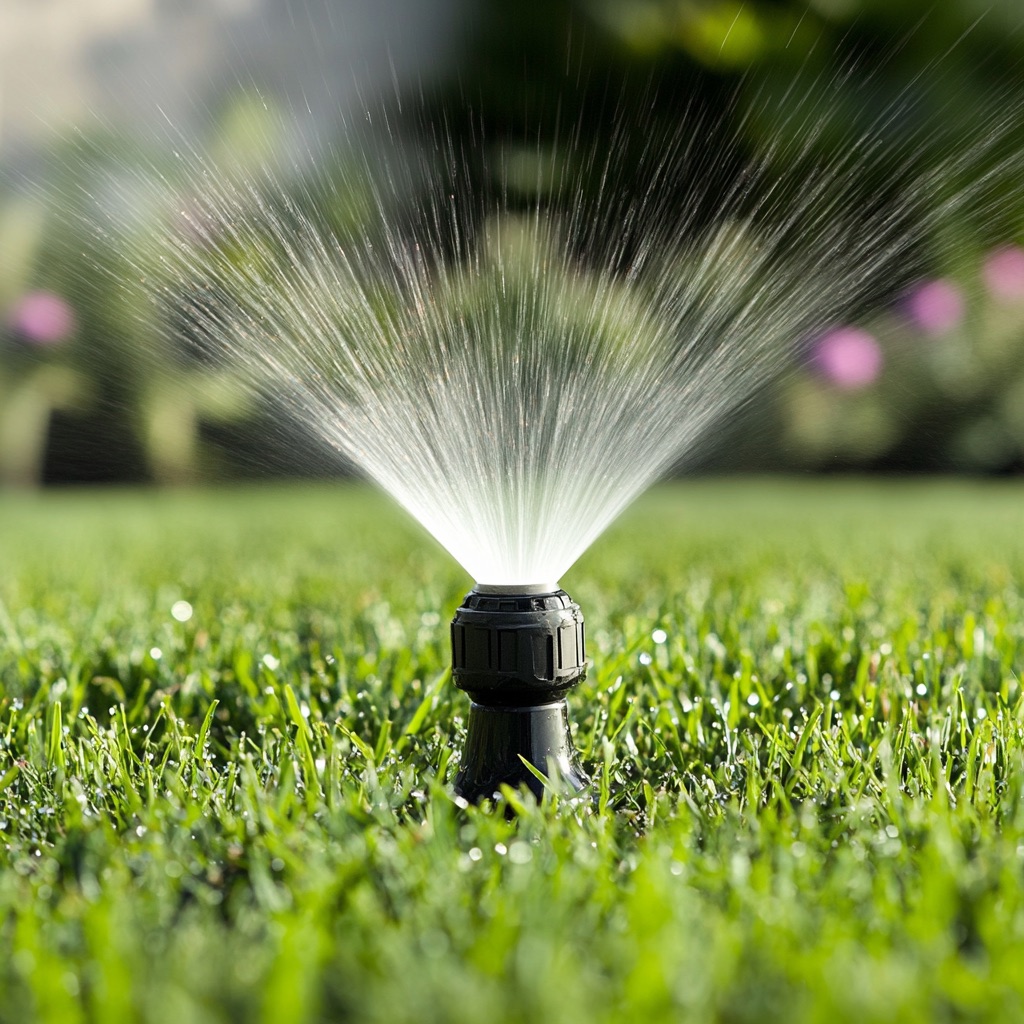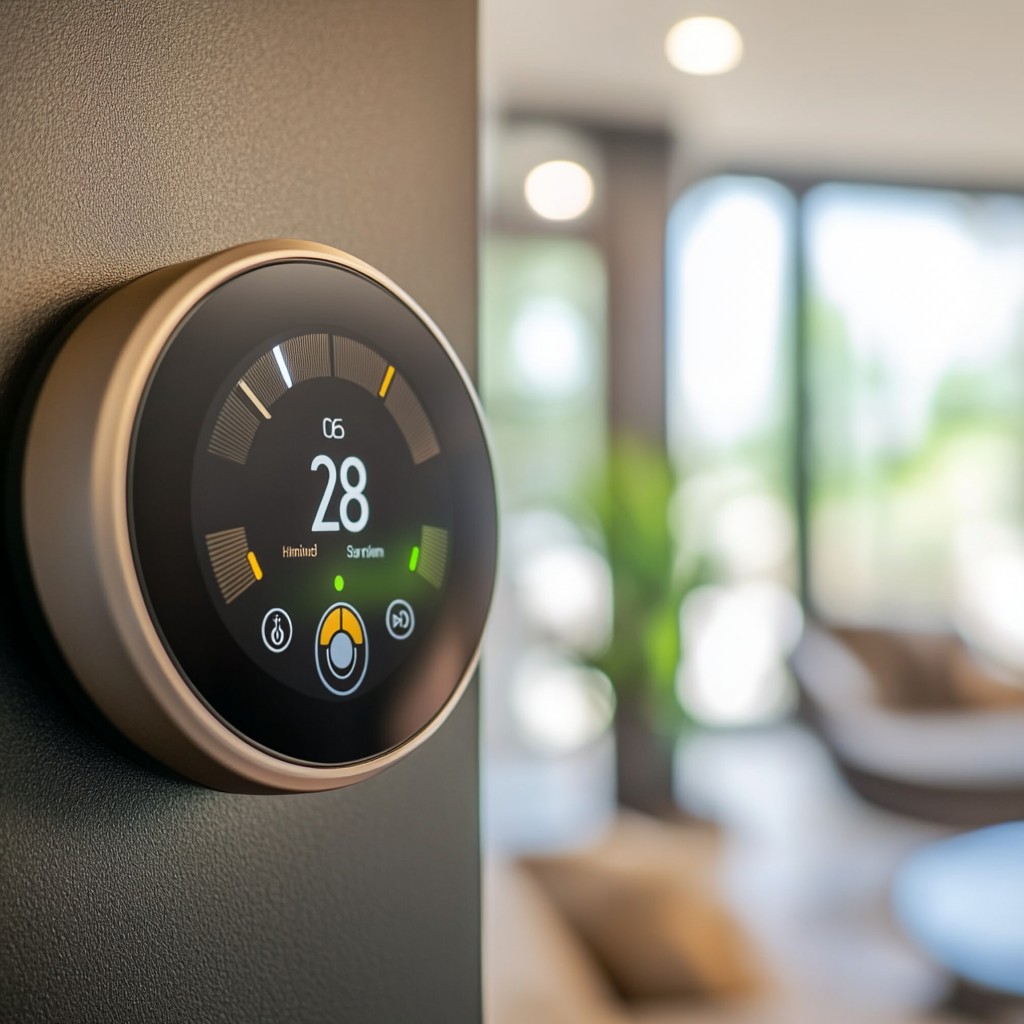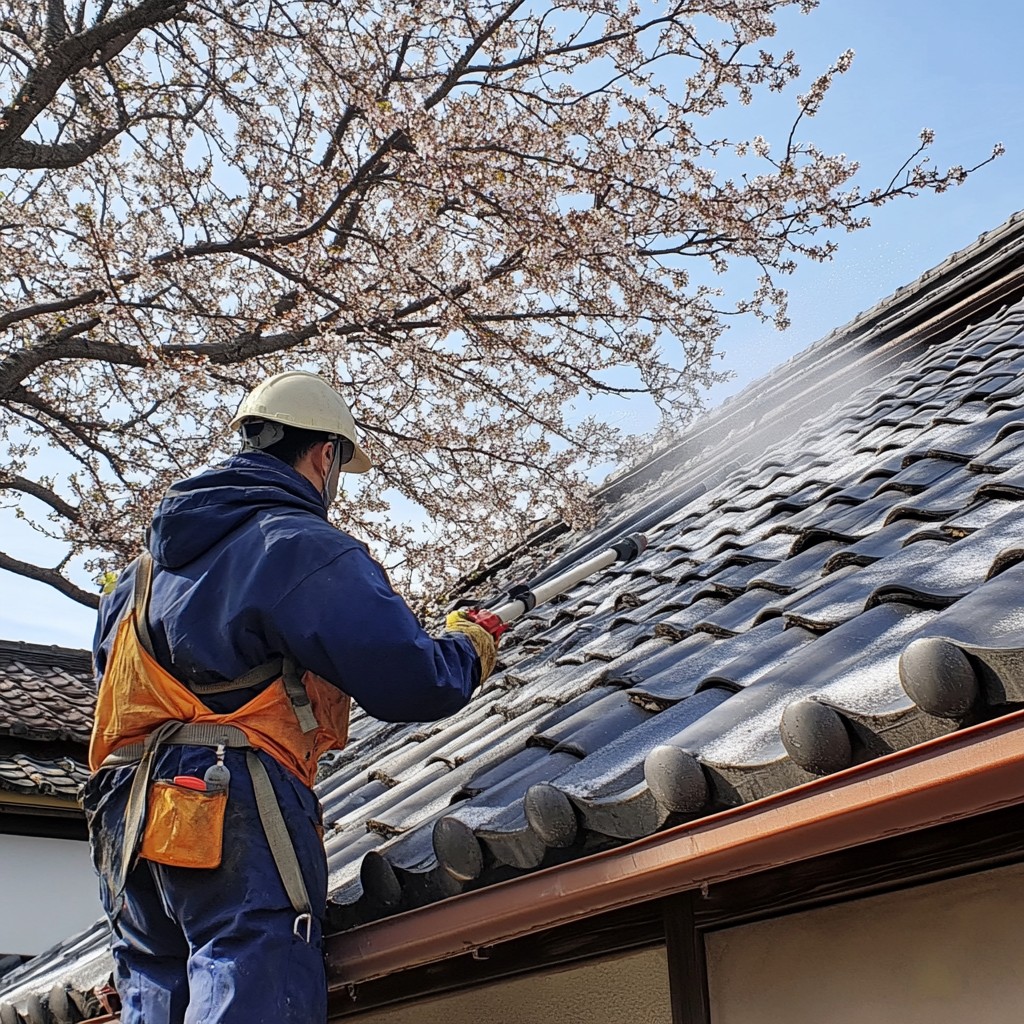Last updated on
In a world where environmental concerns are at the forefront of discussions, making your home more eco-friendly is not just a trend; it’s a responsibility. From reducing energy consumption to minimizing waste, there are numerous ways to transform your living space into an environmentally conscious haven. In this article, we will explore various tips and tricks that can help you make sustainable choices and contribute to a greener planet without compromising on comfort and style.
Energy-Efficient Lighting and Appliances
In today’s eco-conscious era, transforming your home into an energy-efficient haven is an impactful step toward sustainable living. One of the easiest and most effective ways to kickstart this transformation is by reevaluating your lighting choices. Traditional incandescent bulbs are notorious for their energy consumption and short lifespan. By replacing them with energy-efficient alternatives like LED bulbs, you not only reduce your electricity bills but also lower your carbon footprint. LED bulbs are not only energy-efficient but also have a longer lifespan, reducing the frequency of replacements and subsequently cutting down on waste.
Beyond lighting, upgrading to energy-efficient appliances is another vital aspect of creating an eco-friendly home. The market is now flooded with appliances bearing the Energy Star label, indicating that they meet strict energy efficiency guidelines set by the Environmental Protection Agency. Whether it’s a refrigerator, washing machine, or dishwasher, investing in Energy Star-rated appliances ensures that your daily chores have a minimal impact on the environment. These appliances often come with advanced features that optimize energy usage without compromising performance, providing a win-win for both the planet and your pocket.
Sustainable Building Materials and Furniture
When designing or renovating your home, opt for sustainable building materials. Materials like bamboo, reclaimed wood, and recycled metal are not only environmentally friendly but also add a unique and stylish touch to your living space. Look for furniture made from recycled or responsibly sourced materials, avoiding products containing harmful chemicals. By choosing sustainable options, you support ethical practices in the manufacturing industry and contribute to the conservation of natural resources.
Water Conservation Practices
Water is a precious resource, and adopting water conservation practices in your home is crucial for both the environment and your wallet. Install low-flow faucets and showerheads to reduce water consumption without compromising on water pressure. Fix leaks promptly, as even a small drip can waste a significant amount of water over time. Consider investing in water-efficient appliances, such as dishwashers and washing machines. Additionally, collecting rainwater for outdoor use, like watering plants or cleaning, is a simple yet effective way to conserve water.
Waste Reduction and Recycling
Reducing waste at home is a key aspect of an eco-friendly lifestyle. Start by practicing the three Rs: Reduce, Reuse, and Recycle. Minimize single-use plastic by opting for reusable containers and bags. Separate your waste for recycling and composting, diverting materials from landfills. Get creative with upcycling—repurposing items to give them a new life rather than discarding them. Consider composting kitchen scraps to create nutrient-rich soil for your garden. By adopting these habits, you not only reduce your environmental impact but also inspire others to do the same.
Green Landscaping and Gardening Practices
Extend your eco-friendly efforts beyond the walls of your home by adopting green landscaping and gardening practices. Choose native plants for your garden, as they require less water and maintenance. Implement drip irrigation systems to efficiently water your plants while minimizing water waste. Compost garden waste to nourish the soil naturally. Avoid using chemical pesticides and fertilizers, opting for organic alternatives instead. Creating a sustainable outdoor space not only enhances the beauty of your home but also contributes to the overall health of the ecosystem.
Conscious Consumerism and Eco-Friendly Habits
Becoming a conscious consumer is a powerful way to make a positive impact on the environment. Before making a purchase, consider the environmental impact of the product, including its production, transportation, and disposal. Support brands that prioritize sustainability and ethical practices. Embrace a minimalist lifestyle by decluttering and only acquiring items that bring value to your life. Consider second-hand options when shopping for clothing, furniture, and electronics. Additionally, explore professional storage providers to dispose of items you are not currently using. By adopting eco-friendly habits and making mindful choices, you actively contribute to a more sustainable and eco-conscious world.
Creating an eco-friendly home is a journey that involves making conscious choices in various aspects of daily life. From energy-efficient lighting to sustainable building materials, water conservation practices, waste reduction, green landscaping, and conscious consumerism, each step contributes to a healthier planet. As we strive to live in harmony with the environment, it’s essential to remember that small changes collectively make a significant impact. By implementing these tips and tricks, you not only enhance the sustainability of your home but also inspire others to join the movement towards a greener future. Make your home a haven of eco-conscious living, where comfort, style, and environmental responsibility coexist harmoniously.
Table of Contents




